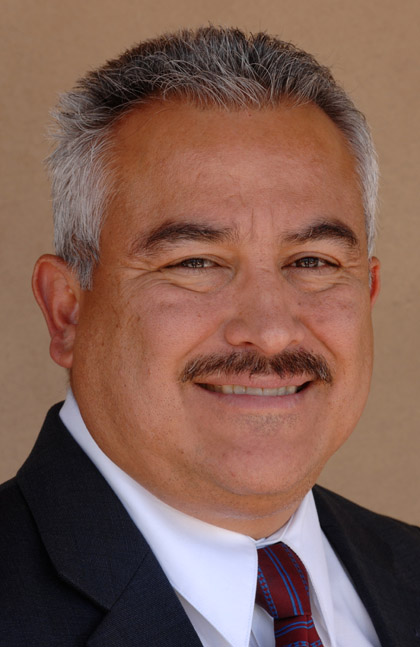One loan isn’t the same as another when borrowing money to build or sustain a business. Lenders act as matchmakers, fitting business owners with the type of credit they need for specific business needs.
Most traditional and nonprofit lenders offer a menu of loan options tailored to an entrepreneur’s individual circumstances — his or her credit history, cash flow, collateral, capacity, and capital. The loans can be conventional, or they can be guaranteed with backing from the U.S. Small Business Administration if the business would otherwise have a hard time qualifying for a conventional loan and the owner needs more flexible loan terms, such as a longer repayment schedule and less stringent collateral requirements. When a bank is unable to lend to a business, loan officers typically refer the business to a nonprofit lender that offers business consulting as part of the loan package.
If a business needs money for working capital, an ideal product is a revolving line of credit, said David Valdez, a small business/commercial lender at Century Bank’s Santa Fe office. “The business uses the line when cash coming in is slow and pays it down when the cash is flush.”
Continue reading
